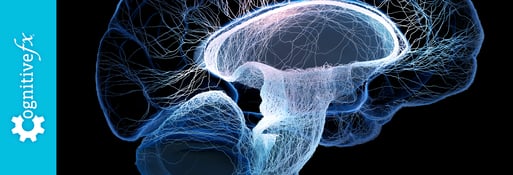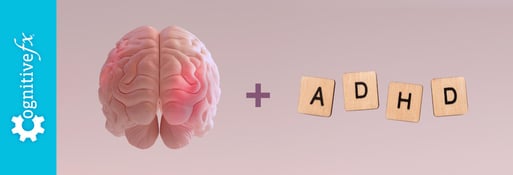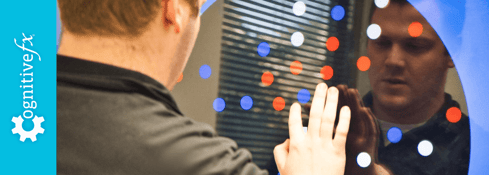A concussion is defined as “the result of the forceful motion of the head or impact causing a brief change in mental status (confusion, disorientation, or memory loss), with or without a loss of consciousness.”
It has been the standard understanding that most people recover from a concussion and return to normal function. Recently, there have been studies that are changing our understanding of post-concussion syndrome, and concussion recovery in general.
Previously, it was believed that only around 10-15% of individuals who sustained a concussion would end up dealing with symptoms long-term, with a diagnosis of Post-Concussion Syndrome, meaning that 85%+ returned to normal function.
A new study conducted with military personnel by Christine Mac Donald, PhD, and her team at the University of Washington School of Medicine, is finding important information about long-term outcomes for brain injuries. 5 years after a diagnosis of concussion, around 80% of those participating in this study were still in need of support and treatment for their mTBI or concussion, and only 18% had sustained a resolution of their symptoms.
This insight changes our understanding, and makes us ask – are these concussed brains really getting better, or simply getting better at compensating?
Only more research and information can help us answer this question. In the meantime, it is essential to see the connection between short-and long-term symptoms from a concussion and how that correlates to post-concussion syndrome.
The Short-Term Symptoms of Concussion — 0-9 days
- Lightheadedness
- Headaches
- Cognitive and Memory Dysfunction
- Difficulty Concentrating
- Personality Changes
- Sleep Disturbances
- Emotional Disturbances
- Seizures
Continuing to have concussion symptoms for longer than the typical return to play period (anywhere from 7-14 days), it is an indication that you may have post-concussion syndrome. Post-concussion syndrome is defined as "concussion symptoms that persist for months or years after a concussion or mTBI."
Long-Term Symptoms of a Concussion — Months to Years
- Personality Change (abrupt, argumentative, stubborn, opinionated, or suspicious)
- Irritability, Anxiety, and Depression
- Intolerant of Noise, Emotional Excitement, and Crowds
- Cognitive Decline
- Impaired Memory and Concentration
- Fatigue and Disruption of Sleep Patterns
- 15-20% of those injured develop symptoms meeting criteria for psychiatric disease (PTSD, anxiety, panic disorder, and depression).
Having these long-term symptoms are a strong indication that you are dealing with post-concussion syndrome. It is possible to develop these symptoms over time after an injury as well. The ability to return to full-time work is not enough. Many patients will return to full functioning due to financial necessity, but will find themselves with more fatigue, more irritability with family members and friends, as well as sleep issues. If you are suffering from these symptoms I reccommend consulting with a physician. I encourage you to review your medical history, your injury, along with any symptoms you are experiencing.











